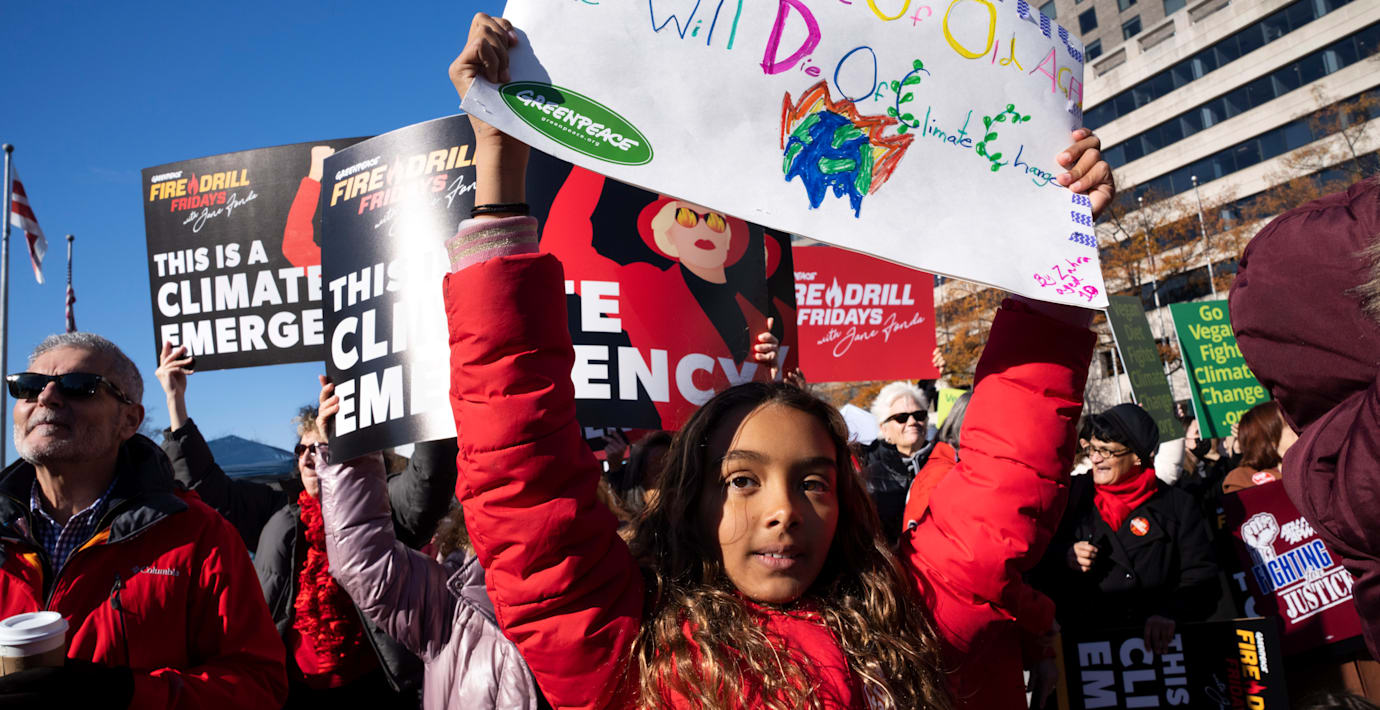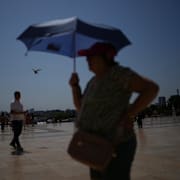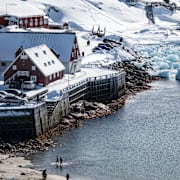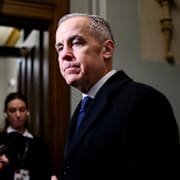
IPCC: Så kan vi desarmera den tickande klimatbomben
Att vanliga människor väljer mat och resor som innebär mindre utsläpp kan det ge ”betydande minskningar” av den globala uppvärmningen, enligt rapporten från FN:s klimatpanel IPCC.
Det skriver BBC, som citerar FN:s generalsekreterare António Guterres tal på måndagen där han kallade rapporten både för en ”överlevnadsguide” och en ”bruksanvisning till att desarmera klimatbomben”.
Ännu mer fokus måste dock läggas på utveckling av ren energi och teknologi, enligt IPCC. Användningen av fossila bränslen måste minska snabbt, och enligt Guterres måste alla länder tidigarelägga sina planer för att minska sina utsläpp av växthusgaser med ett decennium.
– Otillräcklig och felriktad finansiering håller tillbaka utvecklingen, säger en av rapportförfattarna Christopher Trisos till Euronews, och efterlyser en ”mångfaldigad” ökning av investeringarna.
Rapporten pekar på sjunkande priser på sol- och vindkraft som en ljuspunkt, och uppmanar världens länder att dela med sig av kunskap och teknologi för att hjälpa varandra att agera snabbare.



